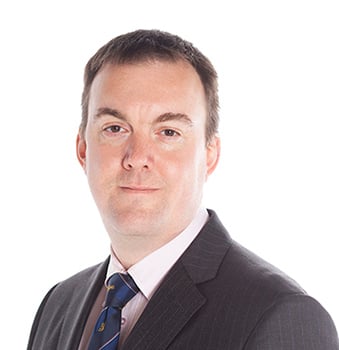Varicose veins are a prevalent issue in the UK, affecting the veins in the legs and feet, causing them to become enlarged and twisted. The veins appear when valves weaken, allowing blood to pool, creating bulging veins.
Though not always painful, varicose veins can be unsightly and uncomfortable. Certain professions can contribute to an increased risk of developing varicose veins. Here, we list ten such professions and offer tips for reducing the risk.
1. Long-Hour Occupations
Those who work long hours often suffer from chronic fatigue and high blood pressure, increasing the likelihood of varicose veins. A study in the Journal of Vascular Surgery found that individuals working 80-hour weeks experienced more pain than those working only 40 hours.
2. Office Workers
Office work may increase the risk of varicose veins due to sedentary work and poor posture. A study in the Journal of Occupational and Environmental Medicine found prolonged sitting and inactivity to be risk factors.
3. Retail Workers
Retail work can lead to varicose veins due to extended standing, heavy lifting, and temperature-controlled environments. Rapid movement and temperature changes can add stress to the legs.
4. Manufacturing Workers
OSHA reports that manufacturing workers in the UK often stand for about 8 hours daily and lift heavy objects, which increases the risk of varicose veins.
5. Construction Workers
Construction workers, often exposed to hot weather, face dehydration and blood pooling in the legs, contributing to varicose veins.
6. Hospitality Workers
Hospitality workers like waitstaff and chefs may face higher varicose vein risks due to long standing hours and heavy lifting.
7. Healthcare Professionals
Nurses and healthcare workers may experience varicose veins due to extended standing and patient lifting.
8. Hairdressers and Beauticians
Hairdressers and beauticians, who stand for extended periods and contort their bodies, may face an increased risk of varicose veins.
9. Flight Attendants
Flight attendants, who stand for long periods in confined spaces, may have an increased risk.
10. Teachers
Teachers, who often stand while delivering lessons, may face an increased risk of varicose veins.
Tips for Reducing the Risk
While it's challenging to stop varicose veins from worsening or prevent new ones, there are measures to ease symptoms:
-Maintain a healthy weight: A balanced diet reduces pressure on leg veins.
-Wear compression stockings: Improve blood flow and relieve discomfort with sports compression socks below the knee, more comfortable than formal medical compression.
-Avoid high heels: High heels put extra pressure on leg veins.
-Quit smoking: Smoking harms veins and increases the risk of varicose veins.
-Stay active: Regular activity improves blood flow and lowers the risk of varicose veins.
Preventing varicose veins involves an active, healthy lifestyle. If you have concerns, consult a healthcare professional.
Author: Mr Rob Windhaber (Consultant Vascular Surgeon and Vein Specialist)
